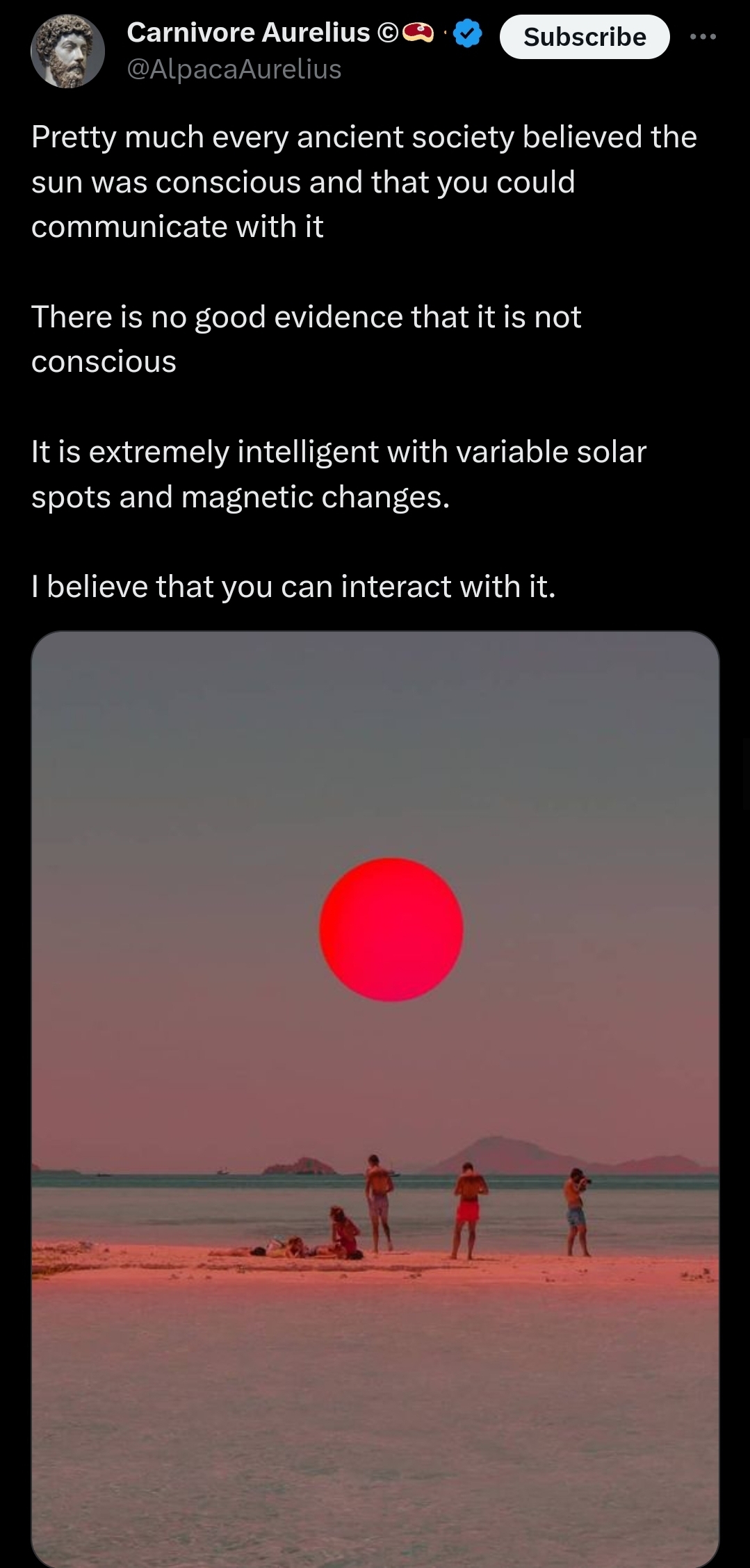this post was submitted on 30 Dec 2023
192 points (100.0% liked)
chapotraphouse
13533 readers
953 users here now
Banned? DM Wmill to appeal.
No anti-nautilism posts. See: Eco-fascism Primer
Gossip posts go in c/gossip. Don't post low-hanging fruit here after it gets removed from c/gossip
founded 3 years ago
MODERATORS
you are viewing a single comment's thread
view the rest of the comments
view the rest of the comments

One very obvious difference between a religion and mysticism/spirituality/ritualism/cultural practice/etc is that, once the Bible's canon was decided on, then that was it. It didn't change anymore, you can't discuss it, and if you changed it (through translation or addition of other books) then you had to start a whole new sect of the religion and break away from the church. There's centralization around a head, canonization of specific books, strict definition, etc. Dogma.
It's that process, where a spiritual belief system crystalizes around a centralizing dogmatic power structure, that it becomes a religion. There's a reason Eastern traditions of Christianity had less of an interest in defining a strict religious canon as opposed to Western traditions (though as the West took over the world it imposed religion on everyone, from Hindus to Buddhists to Orthodox Christians). It's modernist, and actually tied quite strongly to the printing press.
I'm confused, the biblical canon was established in the late 300s, over a thousand years before modernism or the printing press.
I also think that dogma is important to organized religion, but that there are lots of things commonly thought of as religion that are less dogmatic, like pre-Imperial Shintoism. tbh I am not that familiar with Imperial Shintoism either, but what little I have heard about it strongly suggests being oriented around the central authority of the state to decide its doctrines. Basically, what I am saying is "folk religion is also religion"
I should clarify: there was a "canon", but every church basically just did its own thing. They all had their own relics and traditions and special sermons passed down, completely different from every other church. There was a unifying holy world of the Catholic canon, but every fiefdom had its own relics and traditions that it adhered to on top of that. That's what pissed Martin Luther off so much, all of this extra fanon that was made up and tacked onto the canon. Folk mysticism was tolerated by the Catholic Church as long as they payed their dues.
When the reformation came and zealots started burning reliquaries and melting down shrines, that was when Christian spirituality became religion.